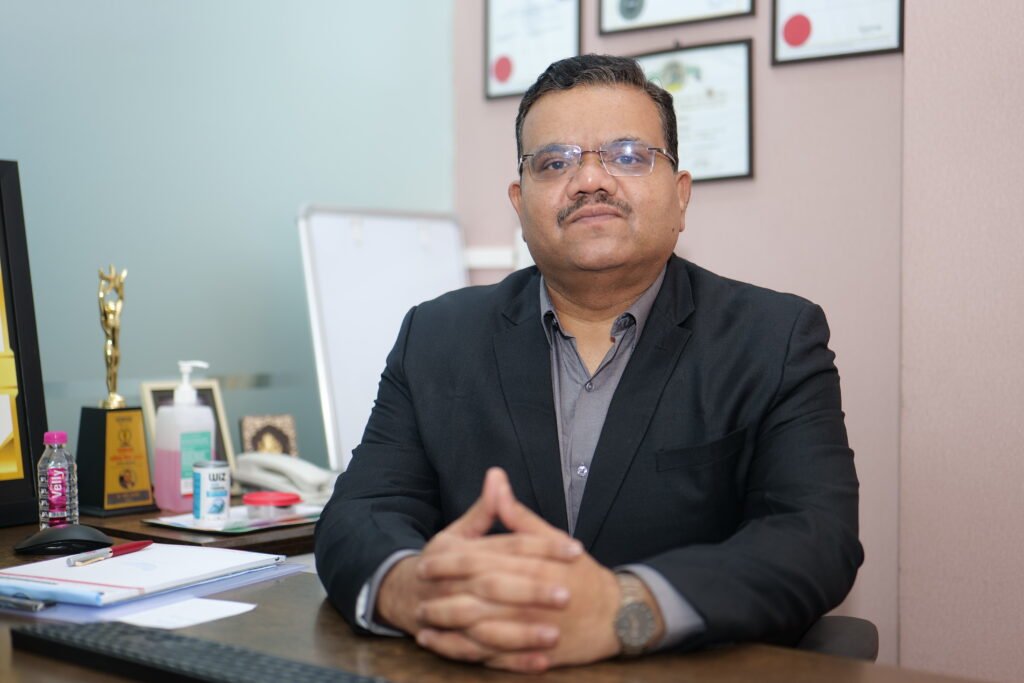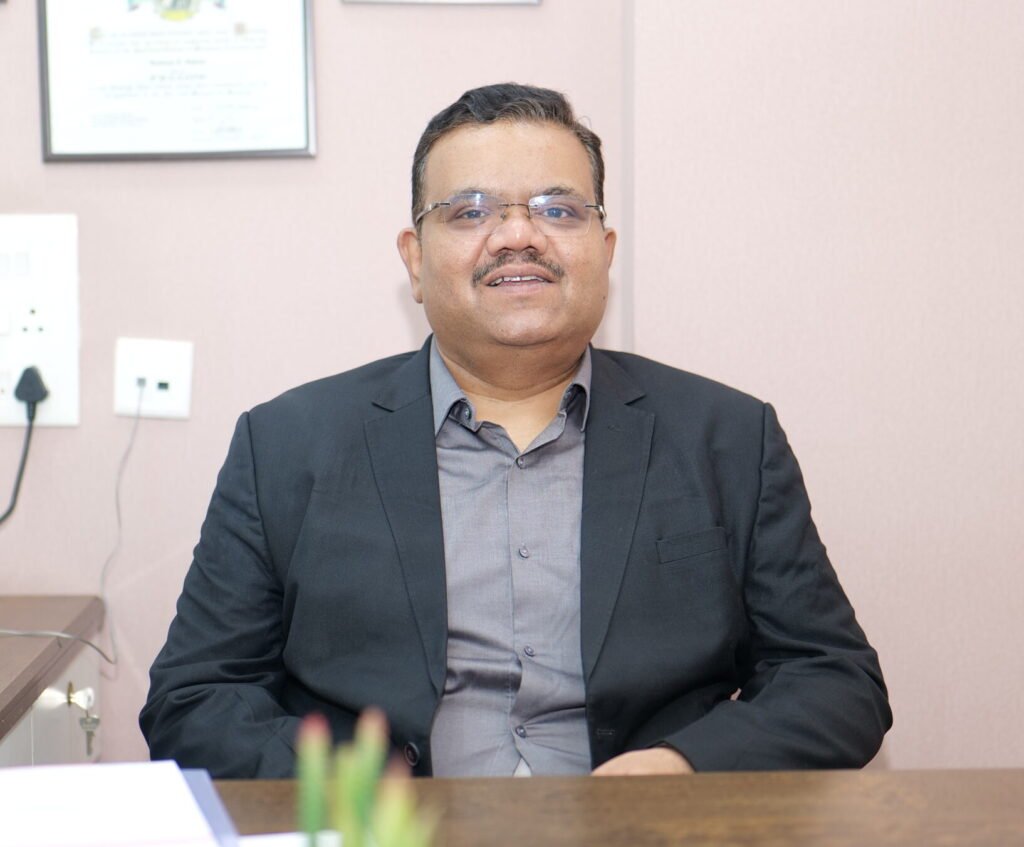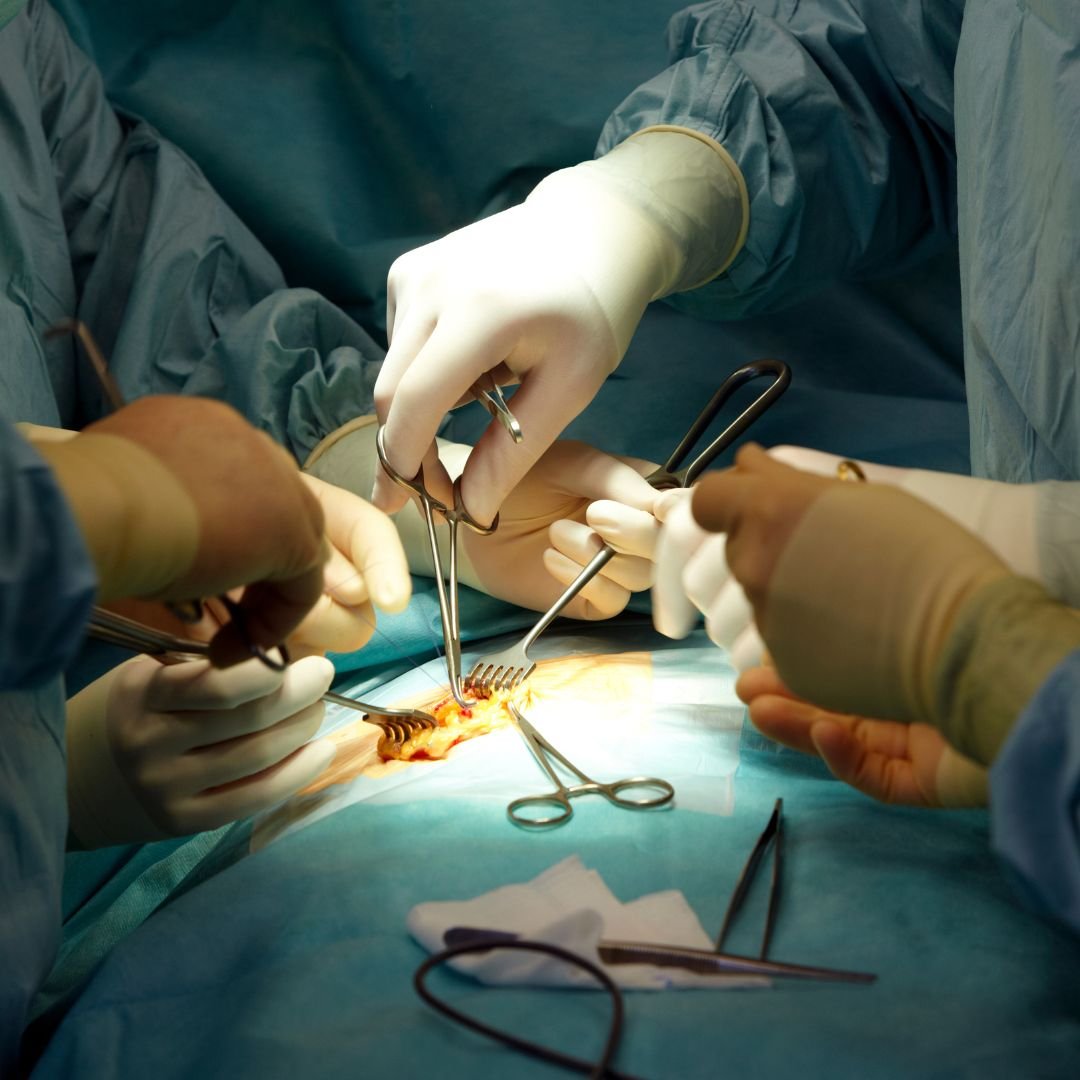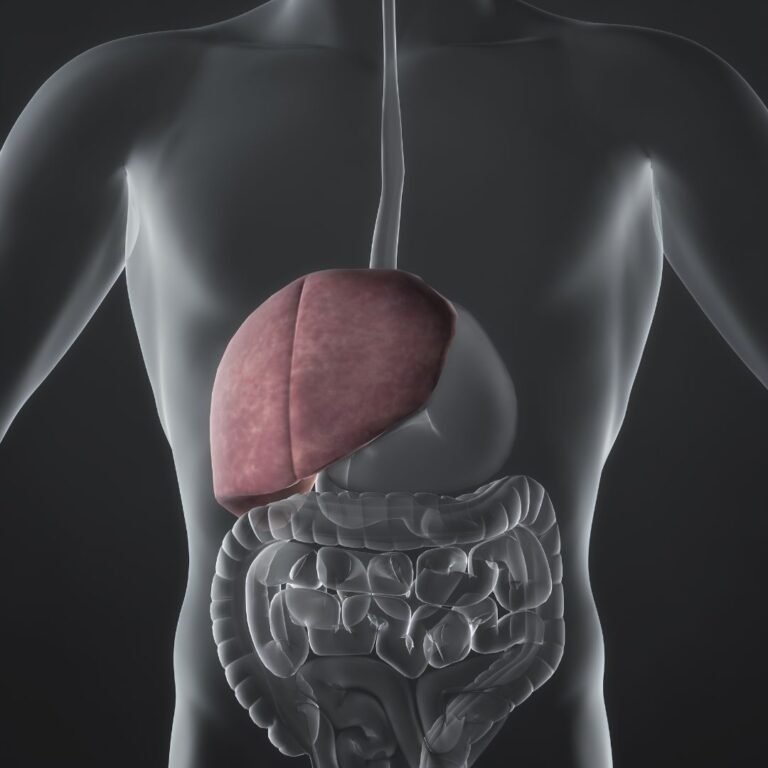

Trustindex verifies that the original source of the review is Google. Thank you sir for guidance.Trustindex verifies that the original source of the review is Google. Very cooperative staff .Best treatment.dr sabnis sir you are very friendly with patients. Thank you so much .Trustindex verifies that the original source of the review is Google. Very good treatment and Guidance Whenever they bring us informative session is thereTrustindex verifies that the original source of the review is Google. First time visit was very satisfied. Consciling was very much understanding to us.thank you sir.Trustindex verifies that the original source of the review is Google. The service is very good.The treatment is very good 👍 best hospital service in nashik road hope you visit .Trustindex verifies that the original source of the review is Google. Well treatment , nice experience thankyou sir and all teamTrustindex verifies that the original source of the review is Google. खूप chan सला bhetla. Thank you. SirTrustindex verifies that the original source of the review is Google. Operation Sucusesfull thank you Dr . sirTrustindex verifies that the original source of the review is Google. ऑपरेशन खूप छान झाले . मनापासून खूप आभार .आता कसलाही त्रास नाही .Trustindex verifies that the original source of the review is Google. Thanks for all support and information related to Leprocsopy operation and operated well with recovery 👍😊
Discover the advanced hepato pancreato biliary (HPB) surgery services offered in Nashik. With state-of-the-art facilities and a focus on patient-centered care, patients receive comprehensive treatment for liver, pancreas, and biliary conditions
The Hepato-Pancreato-Biliary (HPB) surgery, a subspecialty of surgery, involves treatment of both malignant and benign diseases of the pancreas, liver, and biliary tree. This type of surgery can be quite complex, requiring specialized training along with years of experience. Dr. Sandeep Sabnis is a renowned Hepato-Pancreato-Biliary specialist in Nashik who has a dedicated HPB Surgery Program for providing state-of-the-art treatment to the patients. He works together with other hepato-biliary surgeons, GI specialists, nurse practitioners, and specialists in medical oncology, interventional radiology, radiation oncology, genetics, and more.
The patients have access to dedicated endoscopy suites that use the most advanced equipment for carrying out different hepatobiliary and pancreatic surgical procedures. Dr. Sabnis and his team offer a wide range of diagnostic and remedial services for better management of diseases, such as portal hypertension, HPB malignancies, diseases of the bile duct and gallbladder, and diseases of the liver.
At our Nashik facility, we excel in HPB (Hepatopancreatobiliary) surgery, particularly in gallbladder removal procedures. Our focus is on providing effective solutions to alleviate pain and enhance your overall well-being.
With a team of highly skilled HPB surgeons, we are recognized for delivering exceptional care and expertise in gallbladder stone removal surgeries. Utilizing advanced techniques, including minimally invasive approaches, we aim for swift recoveries and reduced discomfort for our patients.

Hepato-Pancreato-Biliary (HPB) surgery, spearheaded by Dr. Sandeep Sabnis in Nashik, encompasses advanced treatments for the liver, pancreas, and biliary system’s diseases, both benign and malignant. With a robust HPB Surgery Program, Dr. Sabnis integrates cutting-edge techniques and interdisciplinary collaboration, including GI experts, oncologists, and radiologists, to ensure comprehensive patient care.
The facility boasts high-tech endoscopy suites, enhancing the precision of surgical interventions. Dr. Sabnis’s expertise in HPB surgery ensures patients in Nashik have access to premier diagnostic and therapeutic options, addressing conditions like HPB cancers and portal hypertension with unmatched proficiency.
Embark on a journey toward improved health with Dr. Sandeep Sabnis’s specialized HPB surgery in Nashik. Delve into a world of advanced surgical precision where each procedure is meticulously tailored to your unique health needs. Experience the fusion of innovative techniques and compassionate care that aims not just for recovery but for your holistic well-being.

Before developing a treatment plan for a patient with HPB disease, the specialist would start analyzing his/her health history and perform a thorough physical examination. The doctor might then advise:
• Blood tests like liver function tests (LFT) can be used for diagnosing liver diseases. Several other blood tests may also be prescribed for detecting specific liver or genetic issues
• Imaging tests, including an ultrasound, MRI, and CT scan that shows liver damage
• Tissue analysis, which involves removal of tissue sample from the liver (biopsy)
Dr. Sabnis and his team of expert gastroenterologists, onco-surgeons, and HPB surgeons delivers exceptional care for patients facing complex HPB malignancies, including hepato-pancreatico-biliary cancer, neuroendocrine tumors, and gastrointestinal stromal tumors. They employ the latest treatments and collaborative strategies to ensure the best patient outcomes.
This integrated approach ensures that patients receive comprehensive, multidisciplinary care tailored to their specific needs, leveraging the latest advancements and techniques in the field.
Leverage a comprehensive HPB care team including specialized radiologists, gastroenterologists, and interventional endoscopists, plus expert oncologists, for advanced liver disease treatment. This multidisciplinary approach addresses a wide spectrum of conditions, from liver cysts and trauma to various hepatitis forms, liver cancers, and acute liver failure. Stay informed about cutting-edge HPB therapies and techniques, ensuring top-tier care for conditions like Wilson’s disease, cirrhosis, and more, emphasizing innovation and patient-centered strategies in HPB surgery.
• Liver Resections: Are minimally invasive procedures, involving the removal of whole or a portion of the liver, which has been damaged by a tumor or disease. Liver resection is done in any of the four ways – lobectomy, sectionectomy, extended resection, and segmentectomy.
• Liver Transplant: A surgeon would remove an ailing liver that is not functioning properly and replace it with a healthy one donated by a person (who has been declared brain dead) through this surgical process. This treatment is possibly suitable for those who have chronic liver disease or acute liver failure.

Dr. Sandeep Sabnis, a certified gastro surgeon in Nashik, excels in advanced laparoscopy and gastrointestinal surgery with nine years of experience. Specializing in liver transplantation and minimally invasive procedures, he offers cutting-edge treatments including bariatric surgeries and laparoscopic hernia repairs, ensuring high-quality patient care.
Start your journey to better health today with Dr. Sandeep Sabnis, Nashik’s leading gastro surgeon. Experience advanced, minimally invasive HPB surgery and swift recovery, tailored to your needs. Embrace a life free from gallstone pain—contact us now for expert care. Let’s reclaim your comfort and wellbeing together!
Recovery varies based on the specific procedure, but it generally includes management of pain and gradual reintroduction of physical activities. Enhanced recovery after surgery (ERAS) programs are often implemented to reduce pain, accelerate recovery, and improve overall outcomes.
While any surgery comes with risks, potential complications from HPB surgery can include hemorrhage, especially during liver surgeries, and postoperative complications like wound infections. However, with advances in minimally invasive techniques, the risks can be minimized.
Post-surgery, patients are usually advised to start with an oral liquid diet and gradually transition to soft foods. Nutritionists or dietitians provide tailored advice to support healing and recovery, emphasizing the importance of a balanced diet that suits the individual’s post-surgery digestive capabilities

Explore Surgical Care with Dr. Sabnis in Nashik. Schedule your personalized consultation today and embark on a journey to seamless recovery.